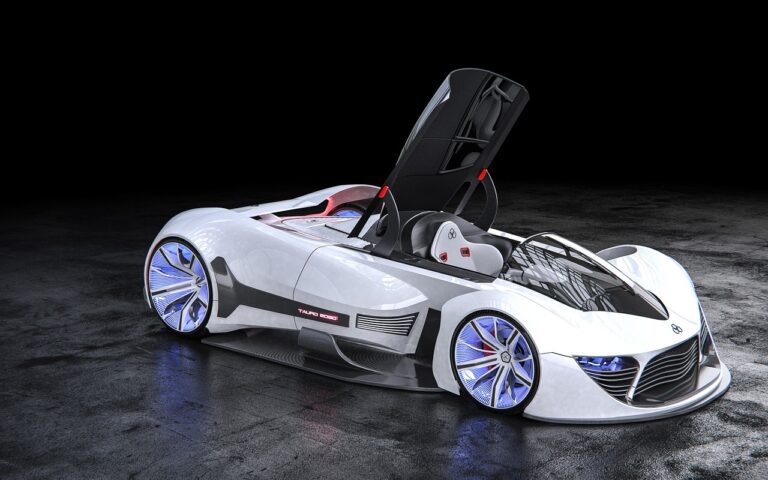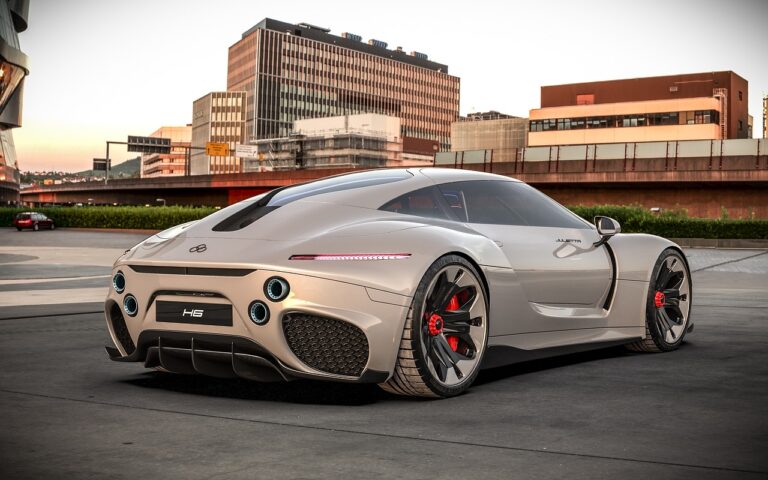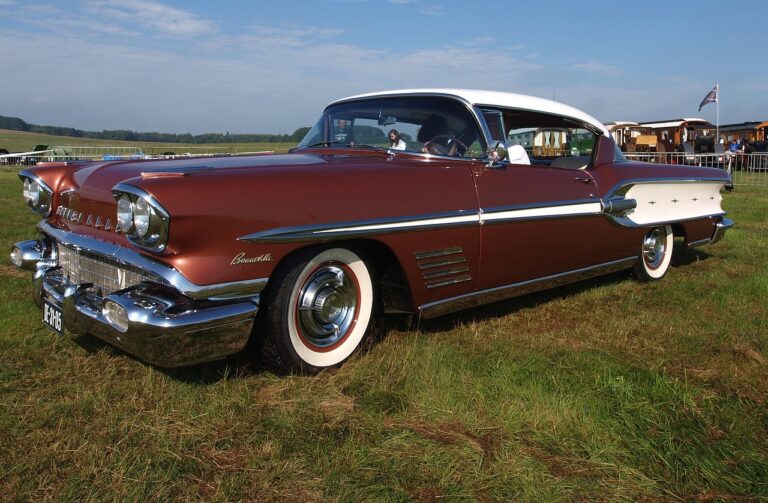Electric vs. Hybrid: Which Type of Vehicle Suits You?
Electric vehicles (EVs) are automobiles powered by electricity stored in batteries, eliminating the need for traditional gasoline. These vehicles use electric motors to drive the wheels, providing a clean and quiet driving experience. EVs come in various shapes and sizes, from compact city cars to luxurious SUVs, offering a wide range of options for consumers seeking environmentally friendly transportation.
One of the key components of an electric vehicle is the battery pack, which stores the energy needed to power the motor. EVs can be charged at home using a standard electrical outlet or at public charging stations, making it convenient for owners to recharge their vehicles. Additionally, electric vehicles produce zero tailpipe emissions, contributing to a cleaner and greener environment compared to conventional gasoline-powered vehicles.
Electric vehicles (EVs) are automobiles powered by electricity stored in batteries
EVs use electric motors to drive the wheels, providing a clean and quiet driving experience
EVs come in various shapes and sizes, offering a wide range of options for consumers seeking environmentally friendly transportation
One of the key components of an electric vehicle is the battery pack:
The battery pack stores the energy needed to power the motor
EVs can be charged at home using a standard electrical outlet or at public charging stations
Charging is convenient for owners to recharge their vehicles
Electric vehicles produce zero tailpipe emissions:
This contributes to a cleaner and greener environment
Compared to conventional gasoline-powered vehicles
Heading: Pros and Cons of Electric Vehicles
Electric vehicles (EVs) are becoming increasingly popular due to their eco-friendly nature. One of the main advantages of EVs is that they produce zero emissions, helping to reduce air pollution and greenhouse gas emissions. Additionally, EVs are quieter than traditional gasoline-powered vehicles, offering a more serene driving experience.
On the other hand, a major drawback of electric vehicles is their limited driving range compared to traditional gas-powered cars. This can cause range anxiety for some drivers, as they may worry about running out of battery power before reaching their destination. Another downside of EVs is the time it takes to recharge compared to refueling a gas tank. Despite these challenges, advancements in technology and infrastructure are helping to address these limitations.
Heading: Understanding Hybrid Vehicles
Hybrid vehicles are becoming increasingly popular in today’s automotive market due to their unique dual-powertrain system. These vehicles combine an internal combustion engine with an electric motor, offering a blend of fuel efficiency and reduced emissions. The electric motor is typically used at lower speeds and the combustion engine kicks in at higher speeds or when extra power is needed.
One of the main advantages of hybrid vehicles is their improved fuel economy compared to traditional gasoline-powered cars. The electric motor helps to reduce fuel consumption by powering the vehicle at low speeds and during stop-and-go traffic. Additionally, hybrids produce lower emissions, making them a more environmentally friendly option for drivers looking to reduce their carbon footprint.
What is a hybrid vehicle?
A hybrid vehicle is a type of vehicle that combines a traditional internal combustion engine with an electric propulsion system.
How do hybrid vehicles work?
Hybrid vehicles can operate using either the gasoline engine, the electric motor, or a combination of both. The electric motor is powered by a battery that is charged through regenerative braking and by the gasoline engine.
What are the benefits of driving a hybrid vehicle?
Some benefits of driving a hybrid vehicle include improved fuel efficiency, reduced emissions, and potential cost savings on fuel expenses.
Are there any drawbacks to owning a hybrid vehicle?
Some drawbacks of owning a hybrid vehicle may include higher upfront costs, limited electric range, and potentially higher maintenance costs for the dual propulsion system.
Are hybrid vehicles a good choice for all drivers?
Hybrid vehicles can be a good choice for drivers who have a short commute, do a lot of city driving, or want to reduce their carbon footprint. However, drivers with long commutes or who frequently drive at high speeds may not see as much benefit from a hybrid vehicle.







